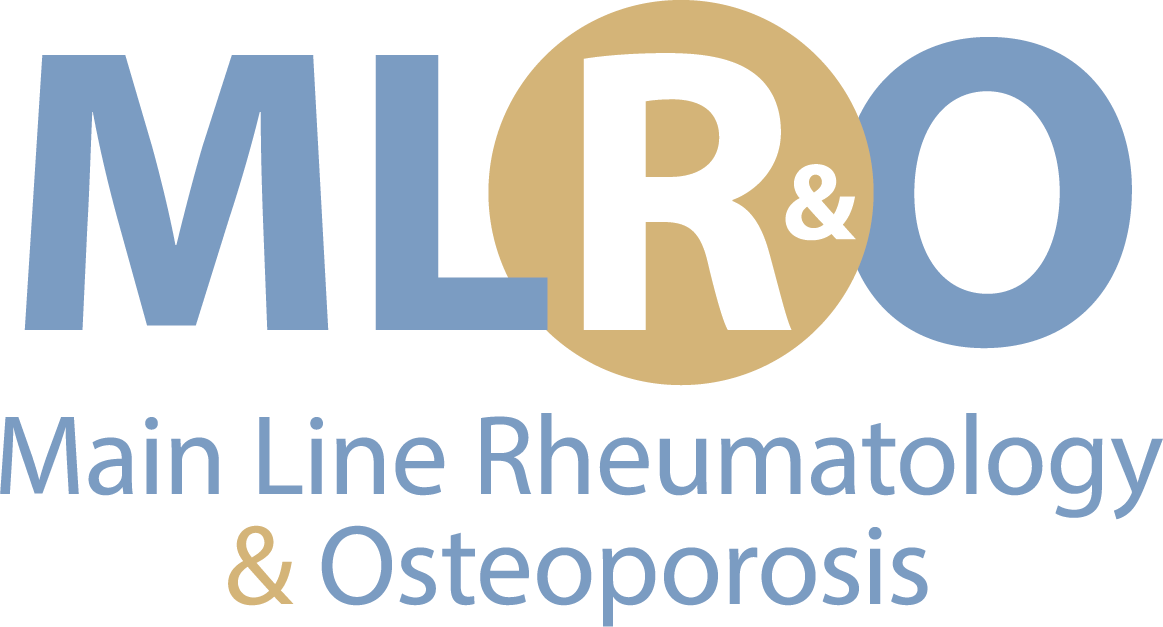Vasculitis
When small blood vessels are involved, vasculitic skin rashes can be visible and may need confirmation by a skin biopsy. It is very important that if diagnosed with small-to-medium vessel vasculitis which attacks the lungs, kidneys, and skin, you must receive treatment in a timely manner, as the disease can be fatal. Without therapy, roughly 80 percent of these patients die within one year.
Larger blood vessels including scalp vessels can be involved, which may be associated with blindness. Rarely, the aorta can also involved. Adult patients (over age 50) with giant cell arteritis, inflammation of the blood vessel lining, may experience diminished eyesight, permanent blindness and stroke, if not treated quickly.
Symptoms may include weakness or numbness in hands or feet, fatigue, shortness of breath, weight loss, a lingering cough or coughing up blood.
To help diagnose vasculitis as quickly as possible, both primary care physicians and rheumatologists recommend the following tests:
- Blood: Identify low hemoglobin and hematocrit levels, high C-reactive protein levels in the liver, and a high erythrocyte sedimentation rate. It can also reveal the presence of ANCA antibodies that attack white blood cells. Hepatitis and cryoglobulin studies can help establish the presence of vasculitis
- Urinalysis: Detect high levels of protein or blood cells in urine, which can detect if kidneys are affected by vasculitis
- Imaging: CT scans, MRIs, and X-rays, including angiography that non-invasively pinpoint nodules, thickening of blood vessel linings, and diminished blood flow, are all signs of potential vasculitis.
- Biopsy: The only definitive way to determine if a patient has vasculitis. A pathologist examines a small tissue sample from skin, blood vessels, or affected organs for inflammation, present.
Once diagnosed, treatments include traditional medication therapy, as well as newer steroid-sparing drugs. While rheumatologists are unable to cure vasculitis, we can treat and put it into remission. The goal is to find a balance between disease control and minimizing drug side effects.
According to Eric Matteson, M.D., Chair of Rheumatology at Mayo Clinic in Minnesota, the majority of investigations into vasculitis in recent years have centered around drug development. The biggest push has been to replace glucocorticoids as the main treatment because the side effects, including increased risk of infection, diabetes, and bone deterioration, are so severe. “We want to use these new drugs across the board because our major problem is steroids and the side effects,” he said. “Anything we can do to reduce the amount of steroids will be a major advantage for the patient.”
Treatments/Drugs
Glucocorticoids: Prednisone, prednisolone and others are “steroids,” utilized to treat most forms of vasculitis. The dose and length of treatment varies on the seriousness and length of illness, and although these type drugs help reduce inflammation, they can have long-term, serious side effects.
Other drugs: Doctors now prescribe “steroid-sparing” drugs, when possible. One if the strongest drugs in this category is cyclophosphamide, and your rheumatologist may prescribe it when severe disease may endanger vital organs.
For less serious vasculitis, patients may receive methotrexate, azathioprine or other immune-suppressing drugs. These drugs are used to treat other rheumatic diseases, and are also useful for vasculitis. Newer drugs designed to treat other autoimmune and inflammatory diseases may also help vasculitis. Recent research found that the drug, rituximab, effectively treats more severe cases of certain forms of vasculitis. Some patients with the most severe cases of these diseases may receive plasma exchange (“plasmapheresis”) or intravenous immunoglobulin (“IVIg”).
Surgery: A last resort to damage from severe vasculitis may require surgery called vascular bypass grafting (to redirect blood flow around a blocked blood), and depending on the damage location, possibilities may include sinus surgery, or a kidney transplant.
Here are some helpful links
https://health.clevelandclinic.org/4-medicines-help-you-manage-the-mysteries-of-vasculitis/

